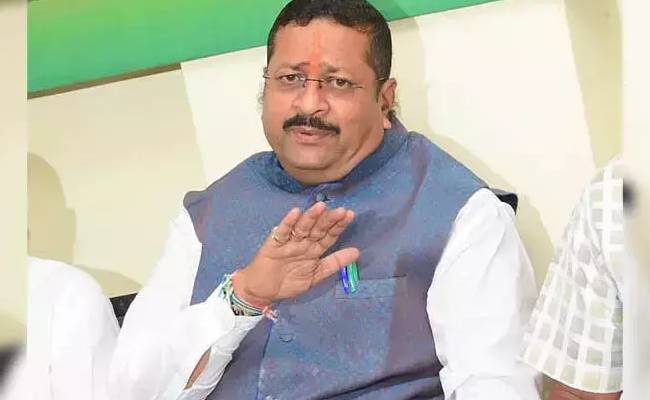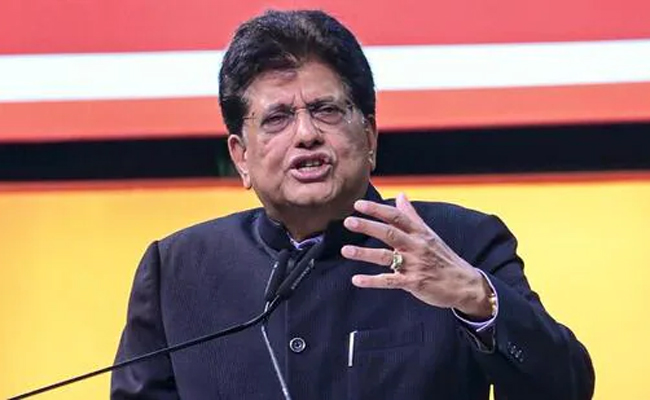New Delhi/Bengaluru (PTI): BJP leader Basanagouda Patil Yatnal on Wednesday said he has explained to the party leadership in detail the alleged "adjustment politics, grand corruption and dynastic politics" prevailing in the Karnataka unit of the party.
The MLA said he has submitted a six-page reply to the notice served to him by BJP Central Disciplinary Committee (CDC) member secretary Om Pathak for his “tirade against the state-level party leadership and defiance of party directives.”
“In my letter, I have said that our party should come out of the adjustment politics, grand corruption, clutches of dynastic politics and the voice of Hindutva should grow stronger because UP, Assam, Maharashtra, Andhra Pradesh are now leaning towards Hindutva,” Yatnal told reporters in New Delhi.
According to him, people of Karnataka are not ready to accept anyone against Hindutva.
“I have also explained the serious cases against Yediyurappa and his family and the adjustment politics,” Yatnal added.
He said he demanded a neutral national leader for Karnataka.
Yatnal said that there were many neutral leaders, who were unhappy with the Yediyurappa family, but they are not speaking against the former CM because of internal discipline.
Yatnal is a strong critic of BJP veteran B S Yediyurappa and his family, especially his son and the party's Karnataka chief B Y Vijayendra.
He has often targeted them and demanded that the BJP central leadership check Yediyurappa's 'dynasty politics' in order to fight against the 'dynasty politics' of Congress effectively.
Yatnal along with a few senior BJP leaders, including MLA Ramesh Jarkiholi, Arvind Limbavali, Mahesh Kumtahalli, and Madhu
Bangarappa had taken out a month-long anti-Waqf march from Bidar to Chamarajanagar. The march started on November 25 and will conclude on December 25.
The march is widely perceived as a show of strength by the anti-Vijayendra faction within the BJP. Yatnal has said the march was not directed against any individual but aimed at "protecting farmers, Sanatana Dharma, and Hindus from eviction notices issued by the state Waqf Board."
However, the march is perceived as a show of strength against Yediyurappa and Vijayendra. It does not have the sanction of the state party leadership.
Let the Truth be known. If you read VB and like VB, please be a VB Supporter and Help us deliver the Truth to one and all.
Gurugram (PTI): A three-year-old girl was allegedly raped and strangled to death in Sector 37 by her neighbour, who lured the toddler away from her home at a village located nearby, officials said on Friday.
Police have arrested the accused, who confessed to the crime during interrogation, they said.
On Thursday night, police received a complaint that a minor girl was missing in Mohammadpur Jharsa village, with the family alleging that a man living in the neighbourhood lured her away.
Police arrested the accused, a native of Bihar who worked as a scrap collector in Gurugram, within an hour of filing an FIR at the Sector 37 police station, the officials said.
“During interrogation, the accused disclosed that late on Thursday evening, he lured the minor girl to a secluded place in Sector 37, where he first raped the toddler and then strangled her to death to wipe out evidence. Further questioning is underway,” a spokesperson for Gurugram police said.





